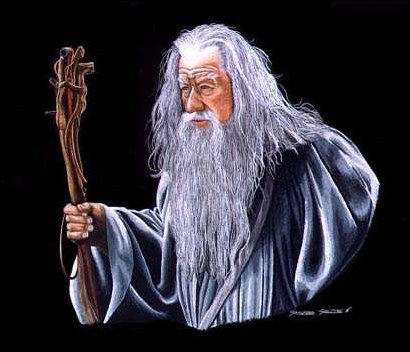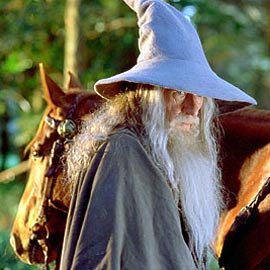Anyone who is serious about understanding the current war in Iraq should read Cobra II by Michael Gordon (military correspondent of the NY Times) and Gen. (ret.) Bernard Trainor. The research work they did, and access they obtained, is simply incredible. The subtitle (The Inside Story of the Invasion and Occuption of Iraq) is a little misleading, since they don't stay with the story very long into the occupation, but that is a small point. They do stay with the story long enough to see the development of the problems with the occupation, and where some serious mistakes were made.
Some key points in the book (made in my words, not necessarily those of the authors):
- The war in Iraq was clearly a war of choice not necessity. The choice was made for several reasons- because Iraq was more "beatable" than the other "Axis of Evil" nations (Iran and N. Korea); because Iraq had thumbed its nose at the UN over WMD reporting; because Sec. of Defense Rumsfeld and others in the Bush Administration wanted to show that they were willing to globalize the "War on Terror"; because Cheney had a change of heart about the "containment" policy toward Iraq he had advocated during the first Bush administration.
- The CIA's knowledge of Iraq was absolutely terrible, whether regarding WMD, or the notion that US troops would be greeted as liberators (with "candy and flowers," remember?).
- Rumsfeld's desire to change the nature of modern warfare was so great he simply wore down the generals who thought that a larger force was needed in Iraq. He wanted a small, fast, and flexible force, even if the generals disagreed. He kept challenging their estimates until they simply gave up the fight with him and basically accepted the notion that they would have to make due with what resources they were given.
- Rumsfeld is an incredibly arrogant and inflexible micro-manager.
- Rumsfeld and others who planned the war failed to learn the lessons of history- specifically of peace keeping missions in the Balkans- which would indicate that more that twice the number of troops would be needed in Iraq than they had planned to "win the peace."
- The fighting of the war itself was often more difficult than we were led to believe during its coverage by the media and reporting by the military itself (in no small part due to false expectations given to the military leaders by the intelligence community).
- While 18 months of planning went into the preparation for the war, planning for the post-war period only began a couple of months before the war itself, and was never a major focus of the administration (with some key players such as Powell and David Kay choosing to duck out of the process as they thought it was somebody else's mess).
- In addition to poor preparation, or perhaps because of it, poor decisions were made after the end of "major combat operations" which multiplied the problems on the ground in Iraq created by the insufficient number of troops. An example of this was Bremer's decision to fire the entire Iraqi army, leaving both insufficient American and Iraqi forces to deal w/ looting and insurgents.
A great question asked by the authors at the end of the book: How could the administration, which said it believed that there was an al-Qaeda/Iraq connection, have failed to prepare for the insurgency that followed the war? How could they not have expected terror attacks if the connection was so strong as VP Cheney and others alleged?
Another great question: If they believed that WMD were present in Iraq (Rumsfeld even said, at one point after the war had begun, "We know where they are.") how could they not plan to put enough "boots on the ground" to control all the WMD sites?
Did Bush/Cheney/Rumsfeld/Tenet really believe what they were selling? Or was this merely a war of choice to show, because we had the military might to do so, that we would take the "war on terror" to the world?
Read the book. If you don't, as I do, think the war was a moral failure from the beginning, you will certainly see how it was a tactical failure reminiscent of Vietnam, with Donald Rumsfeld playing the role of Robert McNamara.
GP


No comments:
Post a Comment